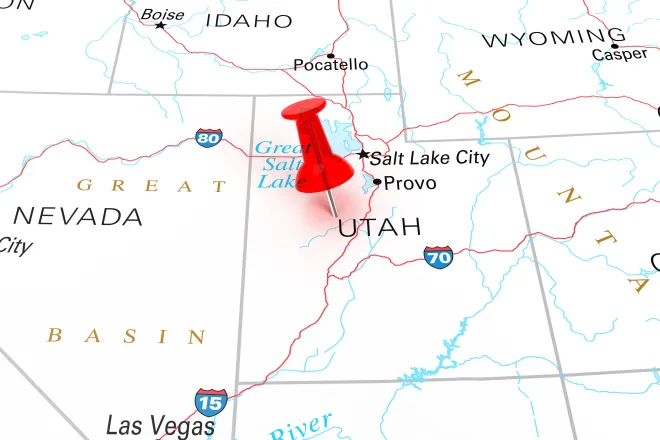
Study: New Mexico's laws help reduce suicide among LGBTQ youth
Click play to listen to this article.
(New Mexico News Connection) A new study suggests laws in New Mexico and 22 other states to protect school-aged LGBTQ youth are having a positive impact.
According to research by the Trevor Project, suicide attempts in states with specific protections for LGBTQ youth were 18 percent lower, and physical violence reported by those youth was 3 percent lower.
Katalina Hadfield, a member of Equality New Mexico's board of directors, said she believes the state's progressive protections are due to a community-centered culture.

"Where folks are really willing to help each other out, and look out for one another," said Hadfield. "And I think that is part of what helps students in a lot New Mexico schools feel more included."
In recent decades, New Mexico has seen prominent advances in gay and lesbian rights, where same-sex sexual activity has been legal since 1975.
Last year, a bill passed in the New Mexico Legislature to remove loopholes - and explicitly include local entities and counties to prevent discrimination and human rights violations.
The Human Rights Campaign says in 2023, more than 550 - a record number - of anti-LGBTQ bills were introduced across 43 states, and more than 80 were passed into law.
Both Florida and Texas are among the top ten for introducing and passing hostile laws.
Hadfield, who grew up in New Mexico, knows several people who have left those states because they feel unwelcome and scared.
"And when you travel there," said Hadfield, "even if you run into some nice people - if you get for some reason wrapped up in the criminal justice system there, or even something as simple as a speeding ticket, you get sucked into this government system that has legislated and made a policy choice to not respect trans people."
Results from the Trevor Project were published in the online journal LGBT Health. The findings are based on responses from more than 27,000 students ages 13 to 24, in 44 states.
















